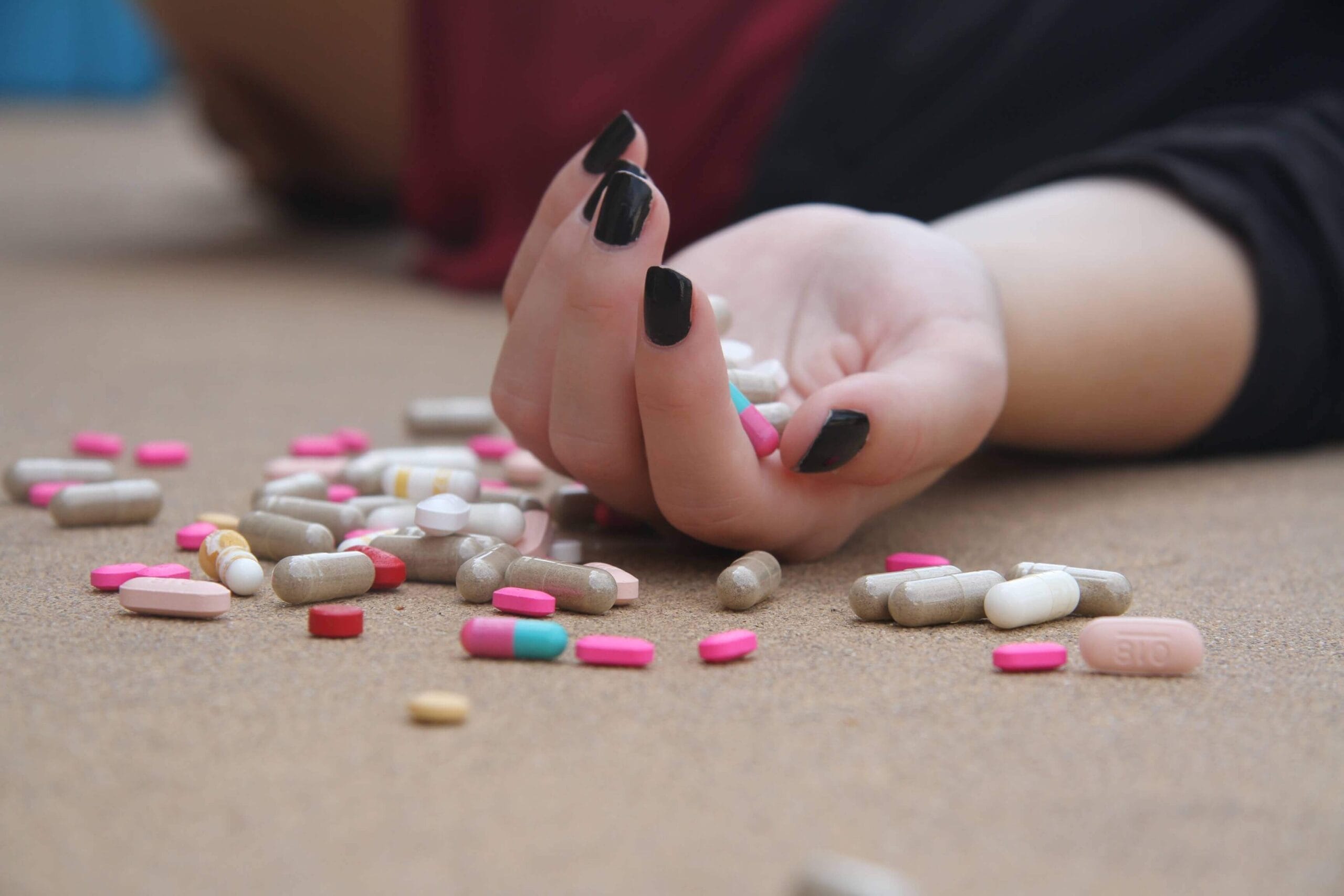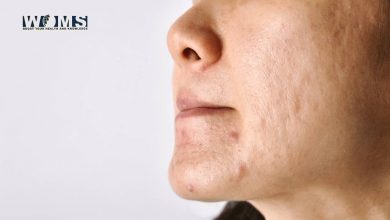10 Important Steps to Take for Drug Addiction Recovery

Overcoming drug addiction is a challenging and life-altering journey that requires courage, commitment, and a structured approach. The path to recovery is different for everyone, but certain steps can provide a solid foundation for healing. Whether you or someone you care about is dealing with addiction, understanding the crucial steps in recovery can increase the chances of lasting success. Below are 10 important steps to take for drug addiction recovery by Oasis Detox:
1. Acknowledge the Problem
The first and most important step in any recovery process is to admit that there is a problem. Denial is common among individuals struggling with addiction, but accepting that drug use has become uncontrollable and harmful is essential. This self-awareness allows for the decision to seek help and begin the healing process.
How to do this:
- Reflect on the impact drug use has on your life.
- Consider your physical health, relationships, work, and personal happiness.
- Talk openly with someone you trust about your struggles.
2. Seek Professional Help
Drug addiction is a medical condition, not a moral failing, and it requires professional treatment. Depending on the severity of the addiction, this could involve detoxification, inpatient treatment, outpatient therapy, or a combination of these options. Professional help ensures you receive the necessary medical and psychological support throughout recovery.
How to do this:
- Contact a healthcare provider who specializes in addiction.
- Research reputable treatment centers or programs.
- Consider therapy options like Cognitive Behavioral Therapy (CBT) or Dialectical Behavior Therapy (DBT).
3. Create a Support System
Recovery is often easier when you have a support system in place. This can include family members, close friends, support groups, or a counselor. A solid support system offers emotional backing, encouragement, and accountability as you navigate the ups and downs of recovery.
How to do this:
- Reach out to trusted friends or family members who can provide emotional support.
- Consider joining a 12-step program like Narcotics Anonymous (NA) or SMART Recovery.
- Participate in group therapy to build connections with others going through similar experiences.
4. Detoxification and Clearing the Body
For many people, the first step in recovery involves clearing drugs or alcohol from the body. Detoxification can help manage withdrawal symptoms and prepare the body for the next phase of recovery. In some cases, detoxification should be done under medical supervision to ensure safety, especially with substances like alcohol, benzodiazepines, or opioids.
How to do this:
- Consult a healthcare provider about the best detox method for you.
- Consider entering a medically supervised detox program if needed.
5. Identify Triggers and Develop Coping Strategies
Understanding the factors that trigger drug cravings is crucial for long-term success. Triggers can be emotional, social, environmental, or even related to specific locations. Once these triggers are identified, you can work with a therapist to develop strategies to cope with cravings and avoid situations that might lead to relapse.
How to do this:
- Keep a journal to track your feelings and situations that trigger cravings.
- Work with a therapist to identify specific triggers and develop healthy coping mechanisms.
- Practice mindfulness and stress management techniques, such as meditation, yoga, or deep breathing.
6. Focus on Physical Health
Addiction takes a toll on the body, and recovery requires attention to physical health. Restoring physical health can improve mood, energy levels, and overall well-being, making it easier to manage the challenges of recovery. Eating a balanced diet, exercising regularly, and getting enough sleep are key components of recovery.
How to do this:
- Establish a routine that includes healthy meals, regular exercise, and sufficient rest.
- Consider seeing a nutritionist or personal trainer to help you develop an effective fitness plan.
- Prioritize self-care practices that promote overall well-being.
7. Develop New Habits and Interests
One of the challenges of recovery is finding new ways to fill the time that was once occupied by drug use. Replacing old habits with new, healthy ones can help distract from cravings and keep you engaged in the recovery process. This might include picking up a new hobby, learning a skill, or spending time in a productive and fulfilling way.
How to do this:
- Explore activities that interest you, such as painting, writing, hiking, or playing an instrument.
- Volunteer for a cause you care about to build a sense of purpose and connection.
- Take classes or workshops to develop new skills and enhance self-esteem.
8. Build Emotional Resilience
Addiction often stems from emotional pain or trauma, and learning how to cope with these emotions is crucial for long-term recovery. Developing emotional resilience involves learning how to handle stress, anxiety, depression, and anger without turning to drugs or alcohol.
How to do this:
- Engage in therapy, such as individual counseling or group therapy, to work through emotional challenges.
- Learn emotional regulation techniques like mindfulness or journaling.
- Practice self-compassion and forgiveness as part of emotional healing.
9. Set Realistic Goals and Celebrate Milestones
Recovery is a gradual process, and setting small, realistic goals along the way can help you stay motivated. These goals might include staying sober for a certain period, improving relationships, or achieving personal milestones. Celebrating each victory, no matter how small, can help build confidence and keep you on track.
How to do this:
- Set specific, measurable, and achievable short-term and long-term goals.
- Celebrate each milestone, whether it’s a week, month, or year of sobriety.
- Reflect on how far you’ve come, and be kind to yourself during setbacks.
10. Create a Relapse Prevention Plan
Relapse is a common part of recovery, but it doesn’t mean failure. Creating a relapse prevention plan helps you prepare for situations where you might be tempted to return to old habits. This plan should include strategies for avoiding triggers, coping with cravings, and seeking support when needed.
How to do this:
- Work with a counselor to develop a plan for managing high-risk situations.
- Create a list of supportive contacts (friends, family, therapists) you can reach out to in times of need.
- Identify warning signs of relapse and take proactive steps to address them, such as attending a meeting or calling a sponsor.
Final Thoughts
Recovery from drug addiction is a complex and ongoing process, but by taking these 10 steps, individuals can rebuild their lives and regain control over their health and well-being. It’s important to remember that recovery is not a linear path, and setbacks are a normal part of the journey. By remaining committed, seeking help when necessary, and celebrating each success, individuals can ultimately lead fulfilling and drug-free lives.




